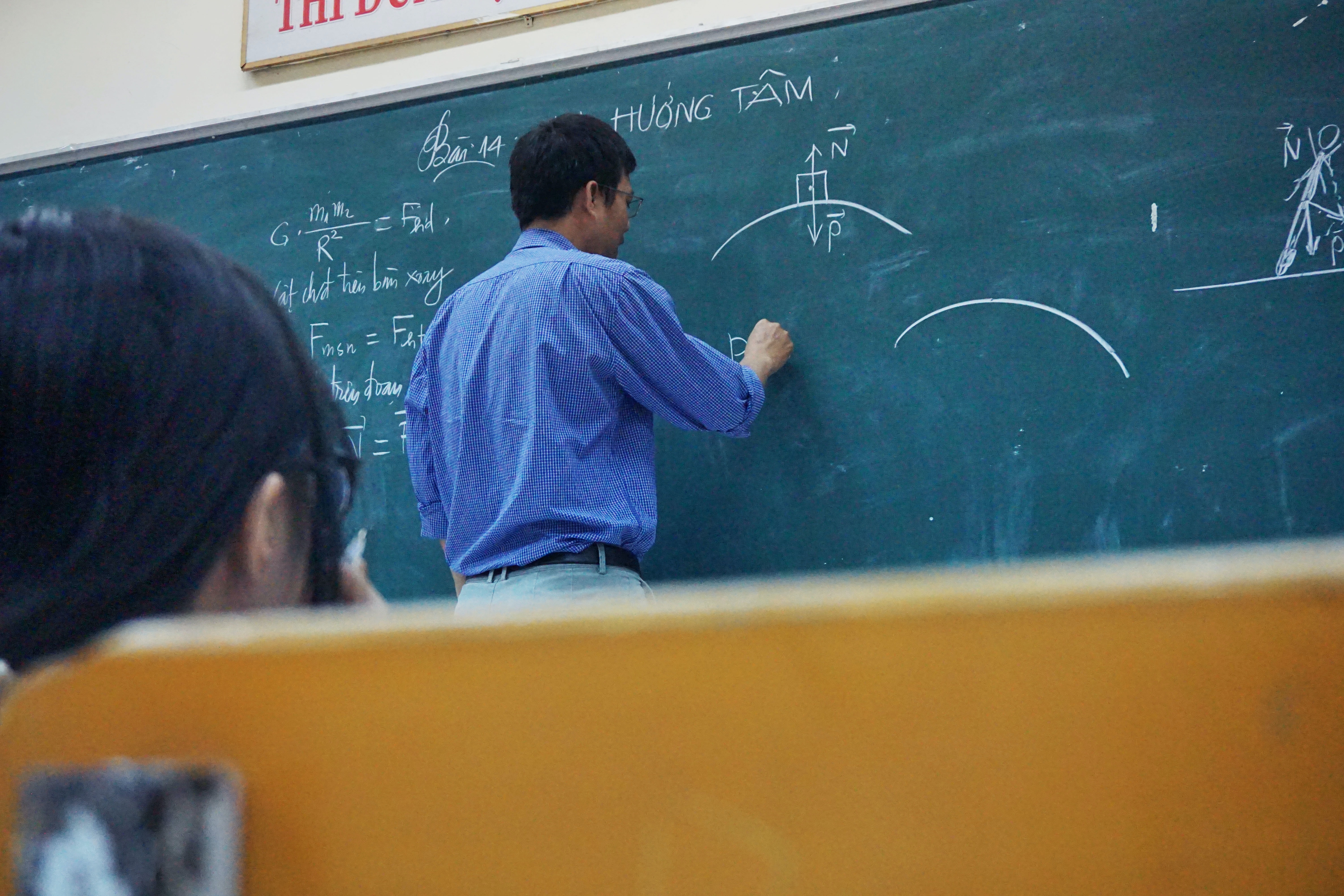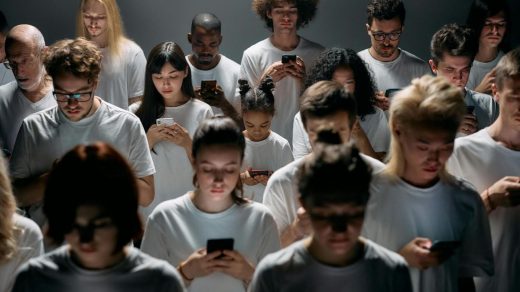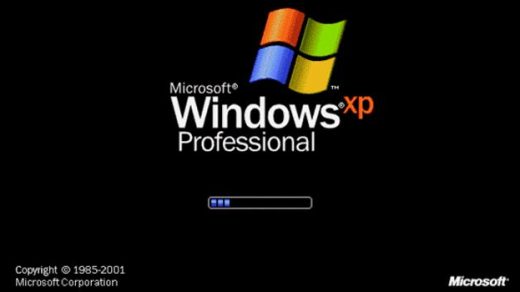
You might have heard that quote before, it comes from one of Shakespear’s plays, As You Like It, but what does it actually mean? Well, what do we normally find on a stage when a performance is going on? Actors, of course. So if the world can really be equated to a stage, that means that all the people within it are not their authentic self, but rather performing a certain role.
For example, think of any of your professors. A professor is there to teach you a certain subject and eventually evaluate your newly acquired knowledge at the end of the semester. These duties are performed in the context of university. However, outside of this specific sphere, your professor does not have any such responsibilities, they are then so to speak recast in a different role: that of just another acquaintance.

Now of course, it would be bizarre and somewhat risky to approach your professor in the street and act as if they do not also occupy the professor role within the confinement of university. Indeed, your relationship with one ‘role’ will evidently affect your relationship with the other roles as you are still speaking to the same person. However, there is a place where this statement doesn’t ring just as true: the fantastical and magical realm of digital media.
Fragmented speech…
It is common knowledge that the internet is rather vast, from cooking blogs to discussing the most intricate and obscure game theory, digital media has something in store for everybody.

This means that the people you interact with on these platforms will also be vastly different yet have one thing in common: they are interested in the topic discussed on the platform they’re on. The game theory crafting subreddit will only host members who enjoy the subject and thus endorse the role of ‘theory crafter’, the ones on the cooking tips blog will take on the role of ‘aspiring cooks’ etc…
Photo de Bench Accounting sur Unsplash
Specific spaces of the internet are thus dedicated to certain topics, much like specific spaces in the physical world are dedicated to certain activities, yet what makes digital media so different is that there are very clear and hard boundaries in between these different spaces.

Indeed, university is more than just a space where it is (nearly) demanded that you only talk about academics. University is more of a convenient space for academic talk rather than a place reserved solely for that effect. In other words: nobody will come and give you any grief if they see you talking about ‘that one thing that happened to you yesterday’ when walking to your next class.
Photo de RUT MIIT sur Unsplash
Digital media is very different in that regard, if you decide to talk about the last book you’ve read on the r/gaming reddit, it is – according to the reddit guidelines – most probably going to get removed by one of the moderators of that thread for being off topic. In that way, digital media spaces are less of a convenient place for certain topics and more of a conduit dedicated to a certain topic.
In my opinion these streamlined spaces are more obviously put into action in discord group chats. Here, even topics within the same community have a certain place where they ought to be separately discussed as each channel has a topic dedicated to it (ex: general, gaming, announcements). In short, digital media spaces likediscord and reddit give members the convenience of being able to entirely filter who and what they interact with.
…and fragmented personality
This of course gives a whole new dimension to the saying ‘’a right time and place for everything’’. What I mean by that is that having a certain place to discuss specific topics also has consequences as to what you show to other people within these specific communities. If you switch between the role of ‘theory crafter’ and ‘aspiring cook’ the two communities will be none the wiser for it. When donning one role or the other you will suppress the aspects of your interest or personality that do not adhere to the topic relevant to the digital space you find yourself in.
This process is not necessarily different in nature from what we do in a non-digital space, yet it is different in its intensity thanks to a tool that we seldom have outside of the digital world: anonymity. In this case, I’d like to understand anonymity in one of two ways: first, the classical definition which consists of hiding one’s identity, second, the one that consists in hiding only parts of oneself, aka the art of building an imagine for myself that may or may not be a reflection of one’s real circumstances.

I reckon that the first type of ‘anonymity’ is rather straightforward in both its definition and its consequences on what I call the fragmentation of speech and personality. For example, if we take again the ‘aspiring cook’ and ‘theory crafter’ roles, if one person decides to one day don one role and the other day don the other role (given that that person does not have the same username for both accounts with which they embody both roles), there will be no obvious way to conclude that these roles are played by the same person. This gives a certain amount of freedom to the ‘actor’ as their behaviour will not at all be affected by expectations set by anything outside of the space they play their specific roles in.

Now for the second type of anonymity, the one that does not hide everything of the person behind the screen but instead allows one to strategically manipulate one’s online image. With this I specifically refer to the people who put themself on display as the ideal role model, read by this people who participate in trends akin to ‘’that girl’’. Perhaps it is a bit cynical to call this sort of public image display a sort of anonymity, because that would imply that it is mostly not representative of the truth.
Photo de Julia Zolotova sur Unsplash
Whether you agree if that or not is not the interesting part however, and by that statement I rather wanted to point out yet another thing that digital media makes possible in the realm of ‘endorsing roles’: augmented agency. Indeed, in contrast to real life where every single one of your actions and movements will be experienced by those around you, digital media as a platform gives you the opportunity to control what you display to the world with little regard to what your reality actually is.

You want to endorse the role of somebody who lives an exceptionally healthy and happy lifestyle? No problem, post some pictures of your breakfast smoothie and how much you enjoyed meeting up with your friends in the afternoon. You can gloss over the fact you ate Mcdonalds yesterday at one in the morning after a particularly fun afterparty because honestly, who is going to check?
Photo de amirali mirhashemian sur Unsplash
This rabbit hole goes deep, and can even take some rather sinister turns. If you’re interested in a case study, I would reccommend looking at this particular controversy, which is in my opinion the epitome of the abuse of online anonymity as developed in this blog.




Recent Comments